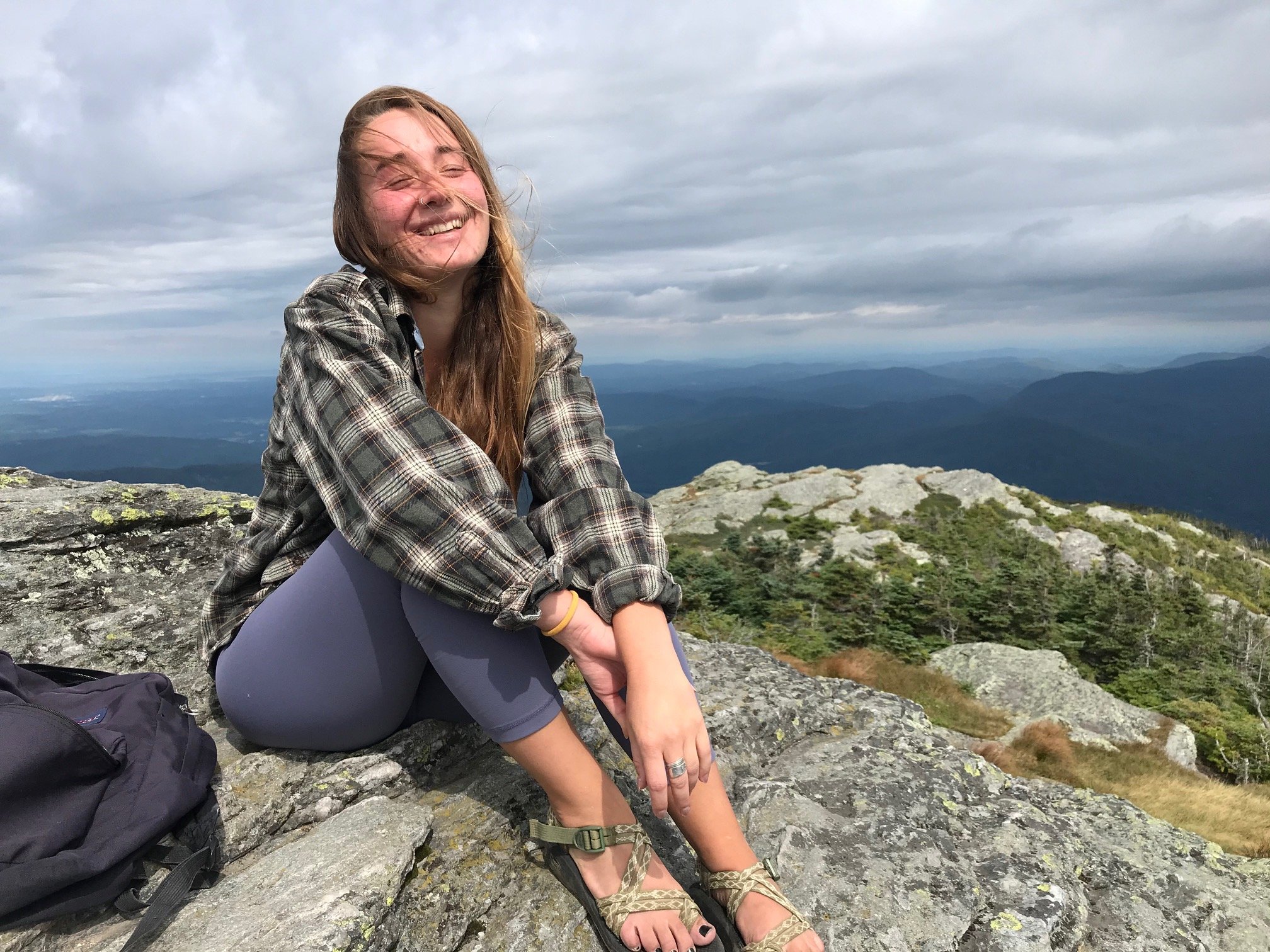In October 2021, 3SquaresVT benefits increased in Vermont and around the country thanks to important changes made by the federal government to the food stamp program. This is the largest increase in benefits since the program began, which seems like good news for food-insecure families in our community, but there is more to the story.
Unfortunately, recent inflation rates in the US have also climbed to their highest in more than 30 years, which puts increased pressure on low-income families. The new maximum 3SquaresVT benefit per person for a family of 4 is now $6.86 per day. The average meal cost in Vermont is $3.60 per meal, so these benefits cover just 64% of their food costs for a family who is receiving the maximum benefit.
Veggie Van Go pickup
How do families in our community make up the difference? Many families rely on local food pantries like Foodworks and programs like the Vermont Foodbank’s Veggie Van Go Program for meals at home. For families with school-aged children, the fact that school breakfast and lunch are free again this year thanks to a temporary pandemic waiver from the USDA reduces financial stress for families.
School meals looks different than when we were kids!
There is currently a statewide effort to bring universal school meals to every public school in Vermont, to make breakfast and lunch free for all students permanently. 38.6% of families in Windham Southeast Supervisory Union (WSESU) receive 3SquaresVT benefits; therefore if universal meals were to become permanent in WSESU, that would directly benefit approximately 423 students in our district who might not otherwise have adequate nutrition to help them succeed in school. Additionally, 54% of eligible Vermonters are reluctant to apply for 3SquaresVT due to stigma, making programs like universal school meals even more crucial to the health of children and families in our community who are not receiving benefits. Multiple studies have confirmed that universal meals improve student learning, behavior, and health, reducing stigma in schools, and fostering a positive learning environment. Click here to show your support for universal meals.






















